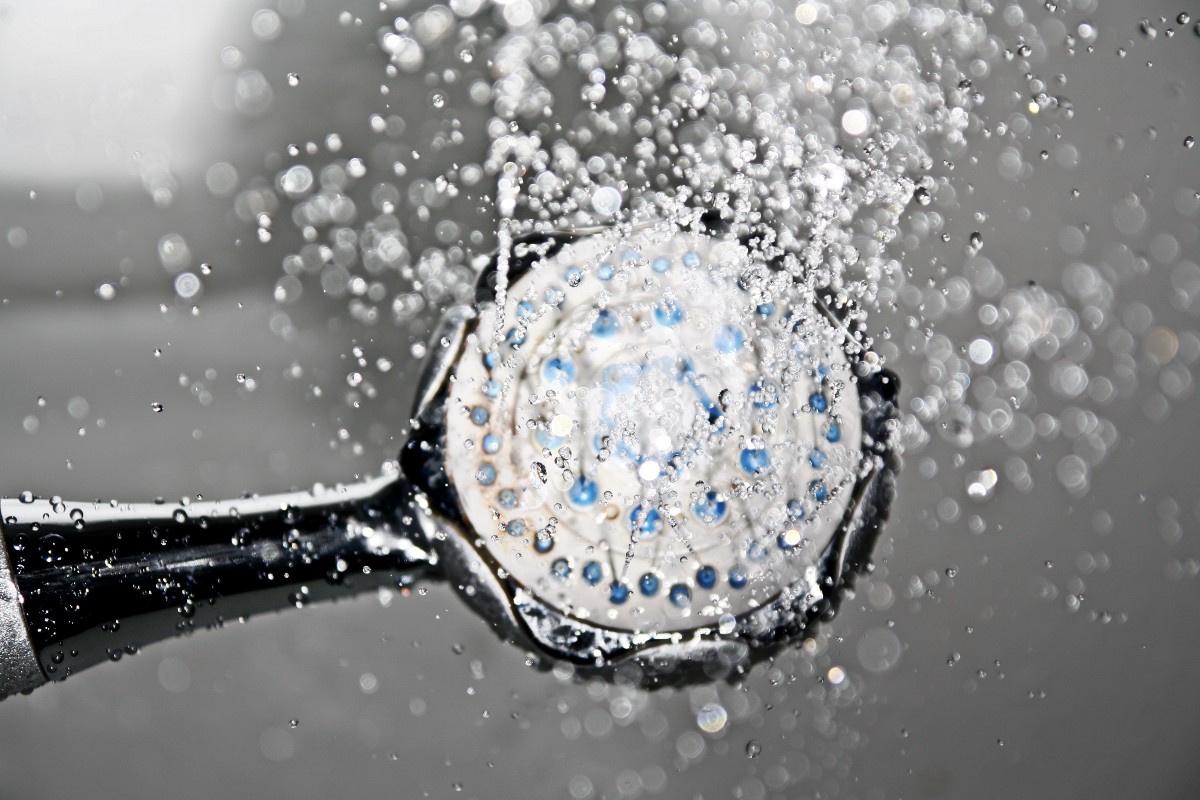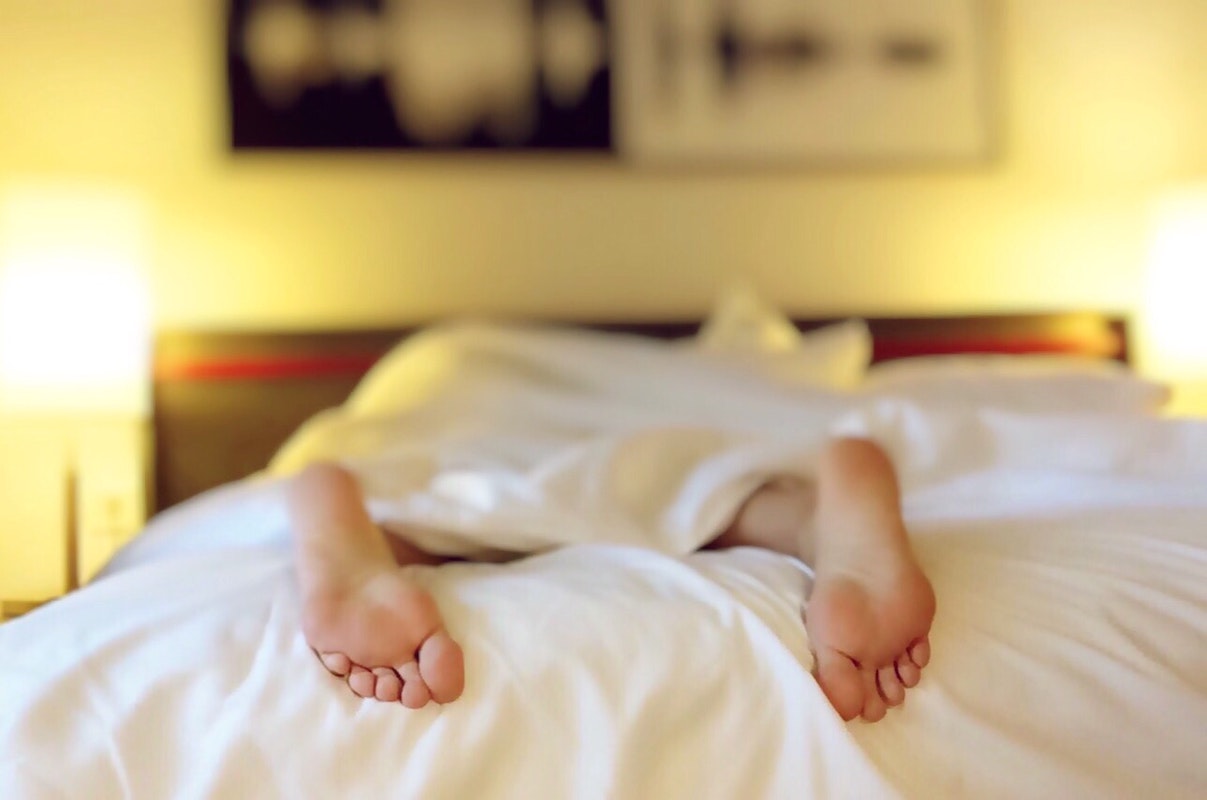
A doctor may have the answer for how to sleep better, and counting sheep is not required. And, like so many people these days, he took to TikTok to share his genius advice.
The hot tip comes from Dr. Karan Rajan swears by hot showers.
@dr.karanr Warm vs cold showers #coldshower #sleep #lifehack
“Having a warm shower before bed paradoxically cools your core body temperature,” he said in a recent video posted to TikTok, where he has about 5 million followers.
The news may not be too cool for people who are on team day showers — and what does core body temperature have to do with anything, anyway? Dr. Rajan continued.
“You need a lower core temperature before you go to sleep as it lowers the sleep threshold,” Dr. Rajan explained.
That doesn’t mean day showers are off the table — in fact, you may want to consider swapping them for a cup of Joe.
“Conversely, if you have a cold shower in the morning, it will make you more alert because it will raise your body temperature…it fits in with our circadian cues,” Dr. Rajan said.
Social media, including TikTok, isn’t always a hub of accurate information, but science seems to support Dr. Rajan’s advice. A 2019 meta-analysis of 17 studies indicated that a warm shower before bed could improve sleep.
Some commenters provided anecdotal evidence in favor of following the advice.
“100% true. I’ve done this for over 30 years,” commented one TikToker.
“This is why babies have a good sleep after bathing. [It’s] instantly soothing,” pointed out someone else.
“It makes sense why I’m…sleepy after showering,” said another.
Still, others swear by cold night showers.
“I literally do the opposite,” said a TikToker.
Hey — whatever works, and news that cold showers help may come as good news to multiple followers who commented that it’s too pricey to take a hot shower these days.
If a warm shower isn’t cutting it, you may want to look into other advice on how to sleep better. Some more expert-backed advice includes:
- Stick to a schedule, including a consistent wake and bedtime — even on the weekends.
- Have a routine. Just like a baby, adults can benefit from a bedtime routine that may include shaving, moisturizing, and a hot shower.
- Try meditation.
- Turn on soothing music.
- Check your mattress — You may be ready for an upgrade.
Experts also say your daytime habits can affect nighttime sleep. Be sure to:
- Get outside for sunlight to cue your circadian rhythm.
- Exercise, but not four hours or less before bed.
- Minimize consumption of caffeine and alcohol.
Finally, it’s essential to find what works for you. Perhaps that’s a warm shower or a cold one. Maybe it’s a cup of tea and music or meditation.

What causes a lack of deep sleep?
Lack of deep sleep may be caused by several factors, including:
- Age. Older adults may experience issues falling into REM sleep as they age.
- Medical conditions. Chronic conditions like asthma and heart disease may make it more challenging to sleep.
- Sleep apnea. This sleep condition is serious and involves abnormal breathing patterns during sleep. Snoring is one sign, but not everyone who snores has sleep apnea. A sleep study and remedies like a CPAP machine can help treat sleep apnea and help you fall into a deeper, better quality of sleep.
- Mental health. People who are experiencing depression or anxiety may struggle to fall into a deep sleep. Seeking treatment from a mental health provider can reduce symptoms and help you figure out coping mechanisms, enhancing your sleep.
Sleep is essential for physical and mental health. If you’re struggling, talk to a doctor — preferably in real life instead of TikTok. They can help you find resources and develop strategies that help you catch Zzzs.



